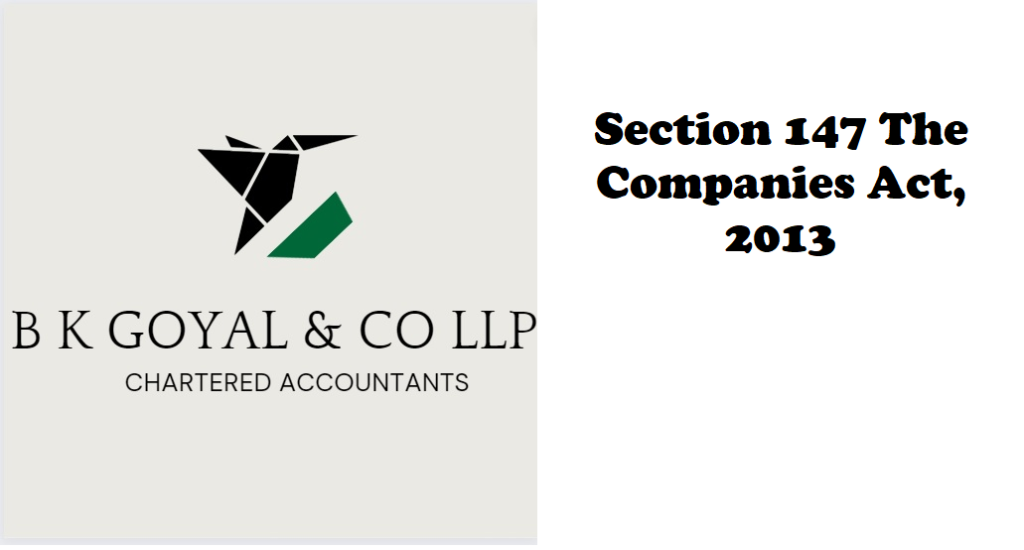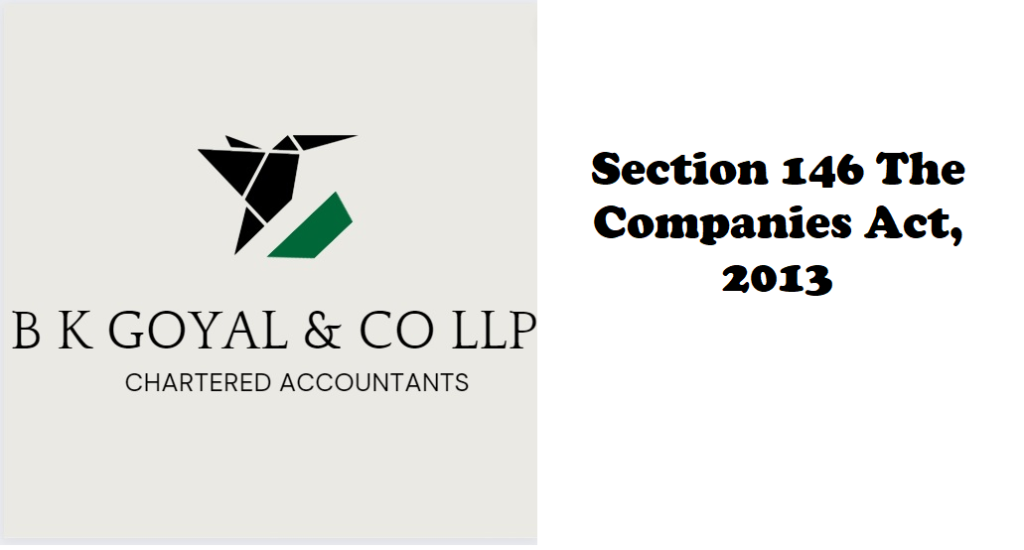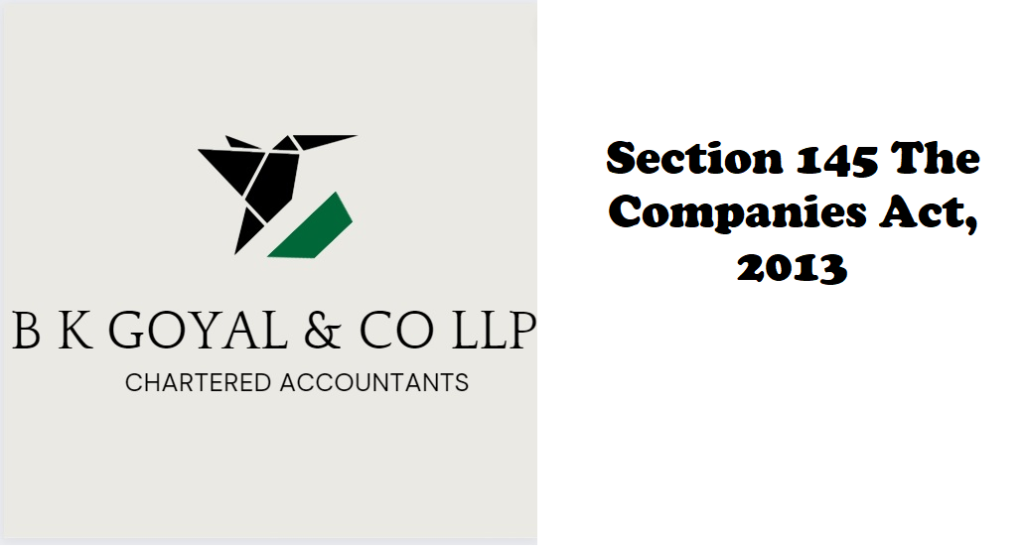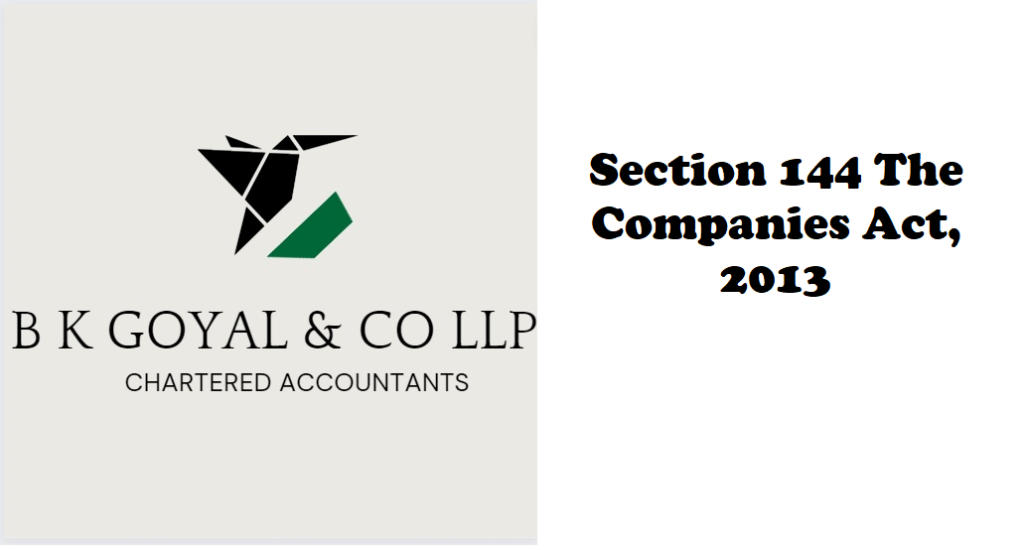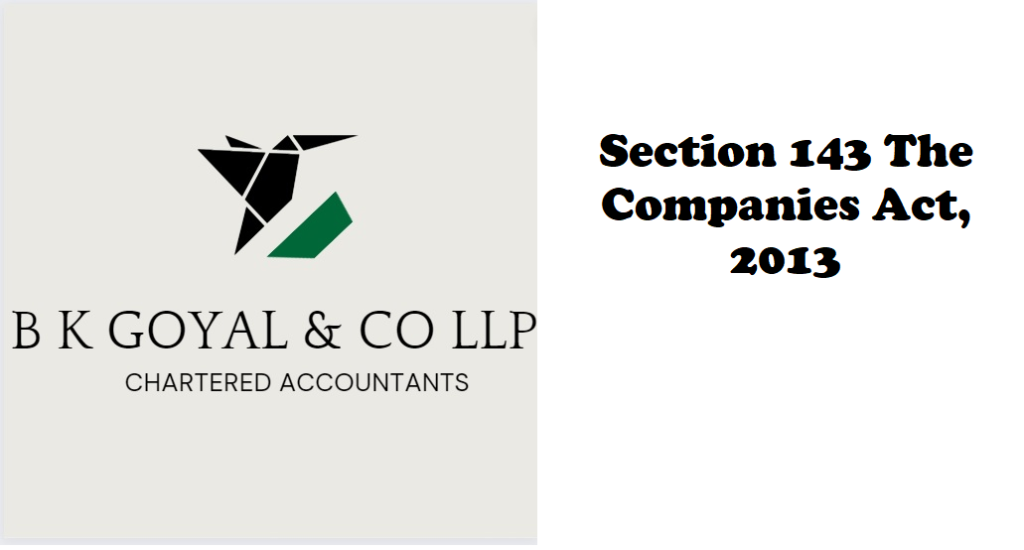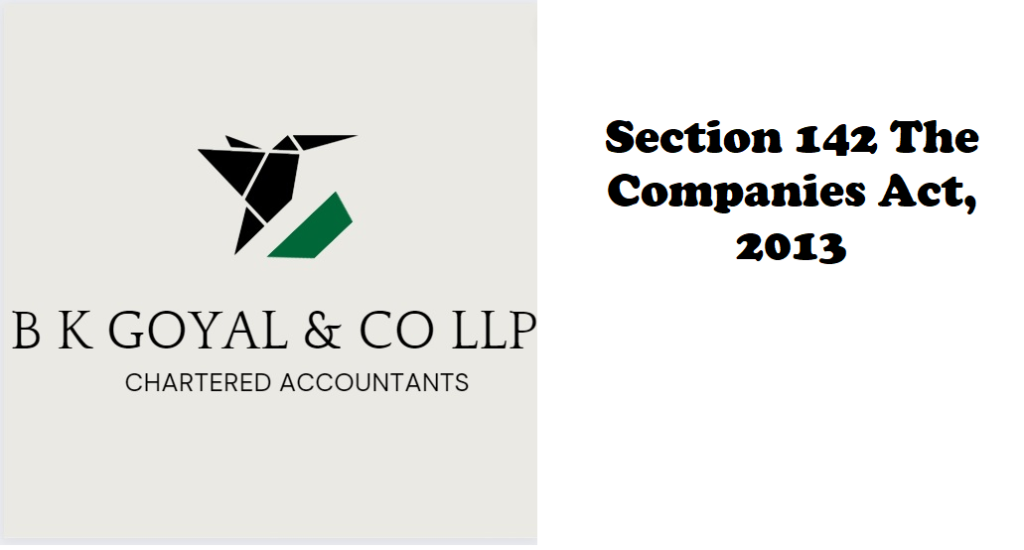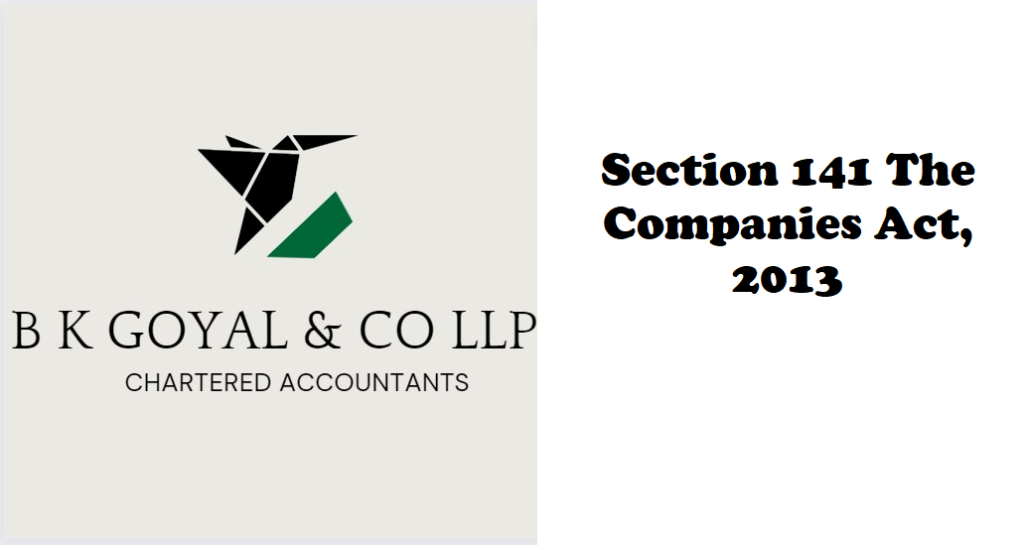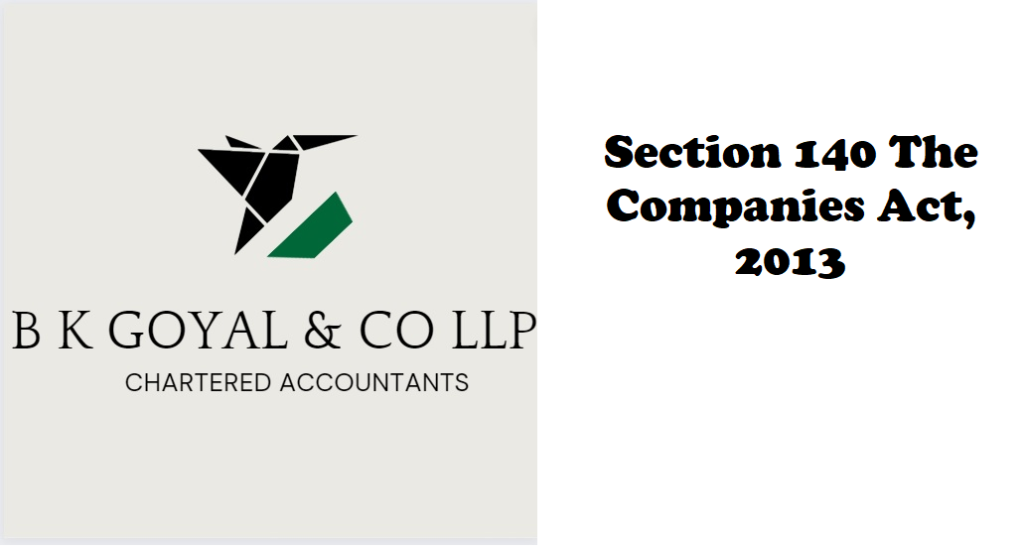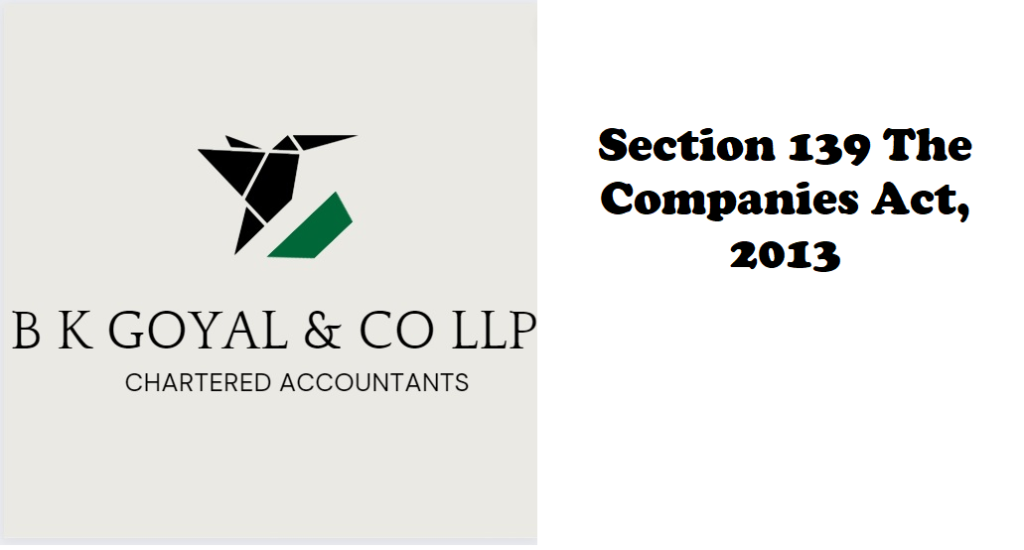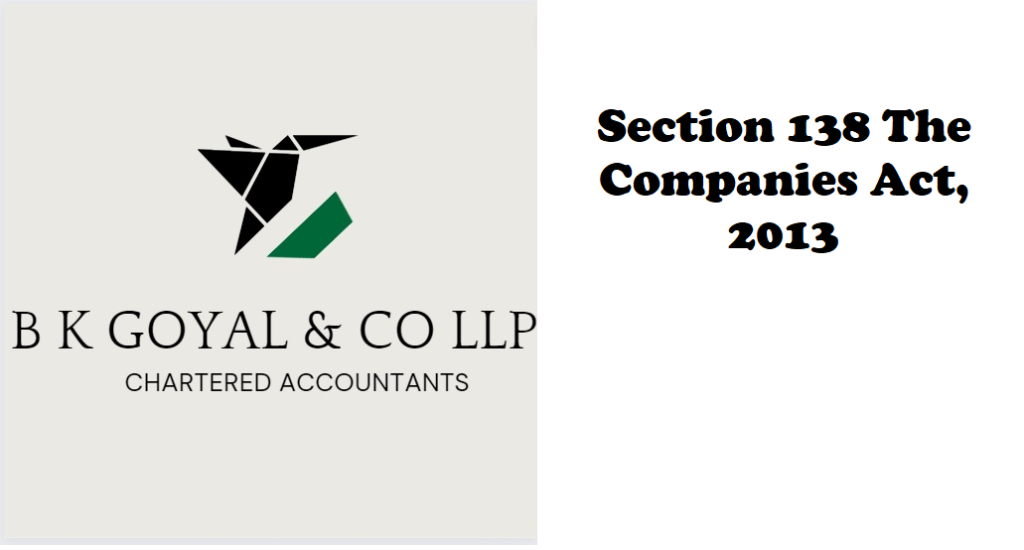Section 147 The Companies Act, 2013
Punishment for contravention (1) If any of the provisions of sections 139 to 146 (both inclusive) is contravened, the company shall be punishable with fine which shall not be less than twenty-five thousand rupees but which may extend to five lakh rupees and every officer of the company who is in default shall be punishable 5[Omitted] with fine which shall not be less than […]
